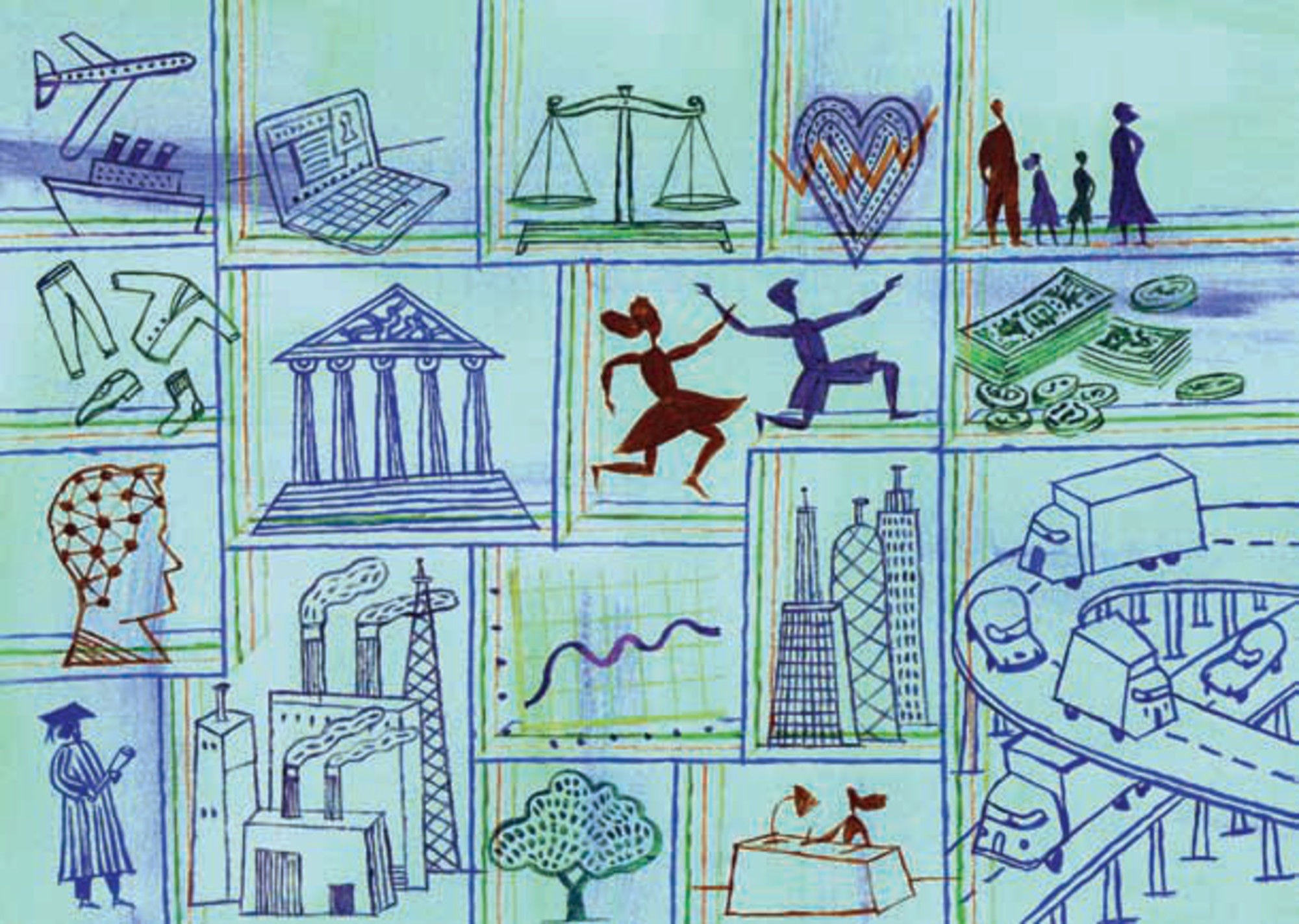Justice systems are key to safeguarding rights and ensuring that citizens’ legal needs are met. An effective and fair justice system takes in the full continuum of services, ranging from the accessibility of legal information and legal assistance to the formal dispute resolution mechanisms (such as courts) and any alternatives, and their enforcement (OECD, 2019).
An independent judicial system is key to ensuring an impartial resolution of cases. At the systemic level, the European Network of Councils of the Judiciary (ENCJ) suggests that the judiciary should govern itself, through a council with a predominantly judicial membership. Moreover, judges’ rulings should not be influenced by a power imbalance between litigating parties. Pressure on individual judges can come from outside the judicial system (e.g. the government or media), but it can also come from within, for example, through peer pressure or pressure from superiors (e.g. a court president annulling the ruling of a judge in their court without due process) (ENCJ, 2014).
Effective enforcement of civil justice and freedom from improper government influence are correlated according to the World Justice Project’s (WJP) Rule of Law Index (R² = 0.52). In 2020, on average, OECD countries scored 0.73 out of a maximum of 1.00 points for freedom from improper influence, and 0.68 for effective enforcement of civil justice. Australia, Canada, Denmark, Finland, Germany, the Netherlands, Norway and Sweden had high scores on both dimensions (Figure 14.27).
Criminal justice is the most sensitive type of justice, since it can affect people’s fundamental rights and freedoms. On the one hand, the rights of the accused have to be protected at every stage of the process. On the other hand, the due prosecution of offenders must be carried out in order to uphold the legal order and protect victims and society from harm. For this reason, court decisions need to be based in law and timely, in order to guarantee that the rights of all the involved parties are respected.
According to the WJP, the timeliness and effectiveness of the criminal justice system is correlated with less readiness to use self-administered justice (i.e. resorting to violence to redress grievances) (R² = 0.59). On average, in 2020, OECD countries scored 0.65 points (out of a maximum of 1.00) on the avoidance of self-administered justice, and 0.62 for the effectiveness and timeliness of the criminal adjudication system. Austria, Denmark, Finland, Norway, and Sweden have the highest scores on these dimensions. Chile’s score for the timeliness and effectiveness of the criminal adjudication system (0.59) is almost double its score for self-administered justice (0.27) (Figure 14.28).
Between 2016 and 2020, OECD countries’ capacity to control crime has remained stable, according to the Rule of Law Index. The average score in both years was 0.85. Norway, Slovenia (both 0.96), Denmark (0.95) and Poland (0.93) had the highest scores (Figure 14.29).



